Summer’s here and we all know what that means: we need more water, we want to stay cool (off-grid ideally) and for some states hurricane season is back.
This week we made a roundup of survival and prepping blogs out there and you’ll love what we found!
Drop us a line in the comments section below and let us know what else you’d like to read about.
1. Survival Water Collection: Simple Solar Water Still
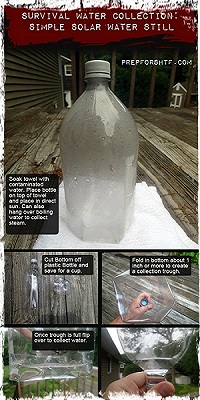
The concept of this type of distiller is simple in its design. It uses the sun’s rays for evaporation of water/moisture so it condenses and can be collected on a cooler surface typically clear plastic. The water or moisture in most cases is supplied by soil and/or green vegetation.
Once constructed an in ground solar distiller is a passive collection method, but the construction of one is not. It requires effort and in some cases, the effort needed may exceed the reward.
If you have a water supply on hand then you may consume it all constructing an in ground solar distiller.”
Read more on Prep for SHTF.
2. Disinfecting Water with the Sun
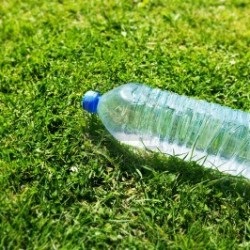
Failure to disinfect river or lake water could result in diarrhoea or other diseases.
The idea of using the sun is nothing new and has been in use for years in various countries to make their water safe to drink.
It is important to note that this method will NOT remove any toxic chemicals from the water so be sure to only use water when you know where it has come from.”
Read more on Prepper Guides UK.
3. Are Water Filters Sold For Camping and Outdoor Sport Capable of Removing Waterborne Viruses?
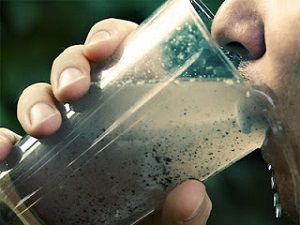
With a rating of 0.1 – 0.2 microns, these filters do an excellent job at removing sediment, particulate, bacteria, and protozoan cysts but viruses are less than 0.1 micron in size and simply too small to be captured.
The following are examples of waterborne viruses not removed by 0.1 – 0.2 micron rated microfilters commonly found in outdoor sporting good stores and used by camping, hiking, trekking, hunting and fishing and adventure sport enthusiasts.”
Read more on Survival Central.
Find out more about survival water in Conquering the Coming Collapse.
4. Emergency Showering – or Not
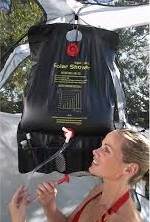
The first one is a Yuppie outdoor shower.
Not for emergency situations unless you have a generator. But heck, there is preparedness and then everyday enjoyment!”
Read more on Seasoned Citizen Prepper.
5. Little Known Ways to Build Inexpensive Air Conditioners

I didn’t think it would matter coming from California but as it turns out, hot, no matter how hot, is just miserable!
For the summer I live in the basement where it is much cooler. I am on the lookout for creative ideas to keep our home cool so that I am not trapped in the basement.
One idea I’ve come across is the DIY Air Conditioner.”
Read more on Preppers Survive.
6. 12 Ways to Keep Cool In A Crisis

Here’s 12 ways to keep your cool when the temperature soars. If you have an attic or loft open the hatch/door to allow the hot air to keep on rising rather than staying in the areas you use more often.”
Read more on Underground Medic.
7. Hurricane Season is Here: Are you Ready?
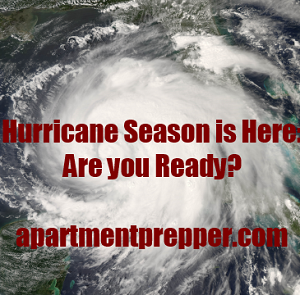
As long time readers know, I started this blog soon after I experienced Hurricane Ike, when I got caught up in long lines at the grocery and gas station, the day before the hurricane hit.
I never want to experience that craziness again, with wall to wall people racing against each other to grab the last case of bottled water or toilet paper.
Now is the time to get your home ready, before the first hurricane watch is issued.”
Read more on Apartment Prepper.
This article has been written by Brenda E. Walsh for Survivopedia.


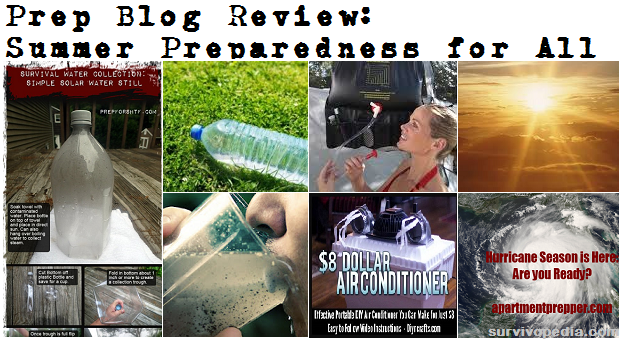
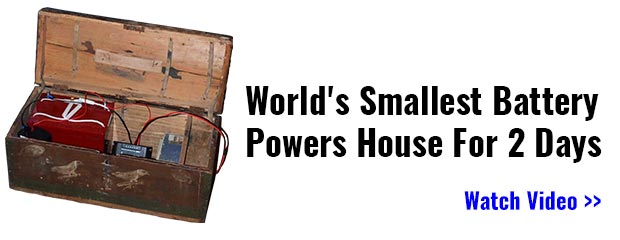
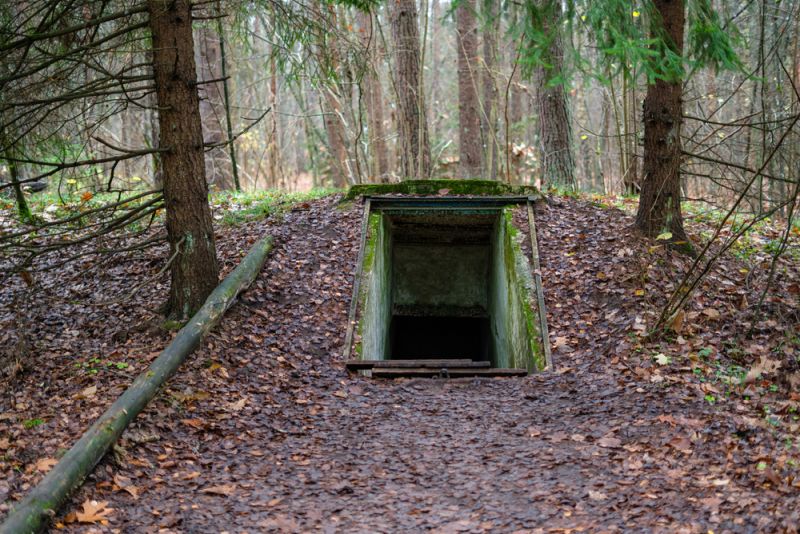
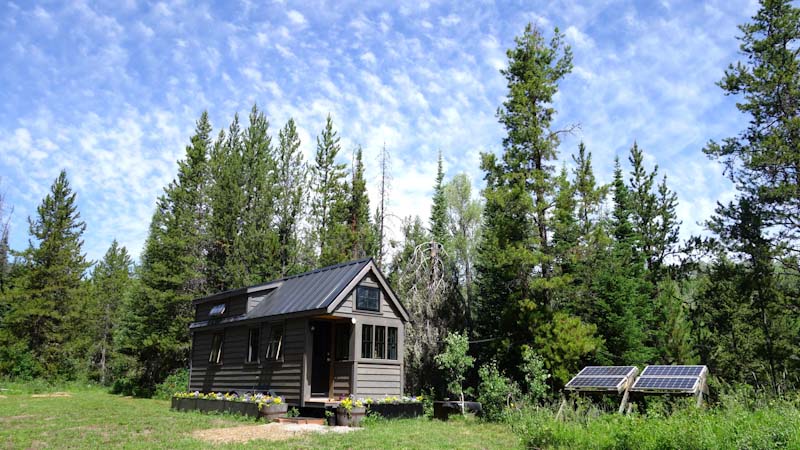
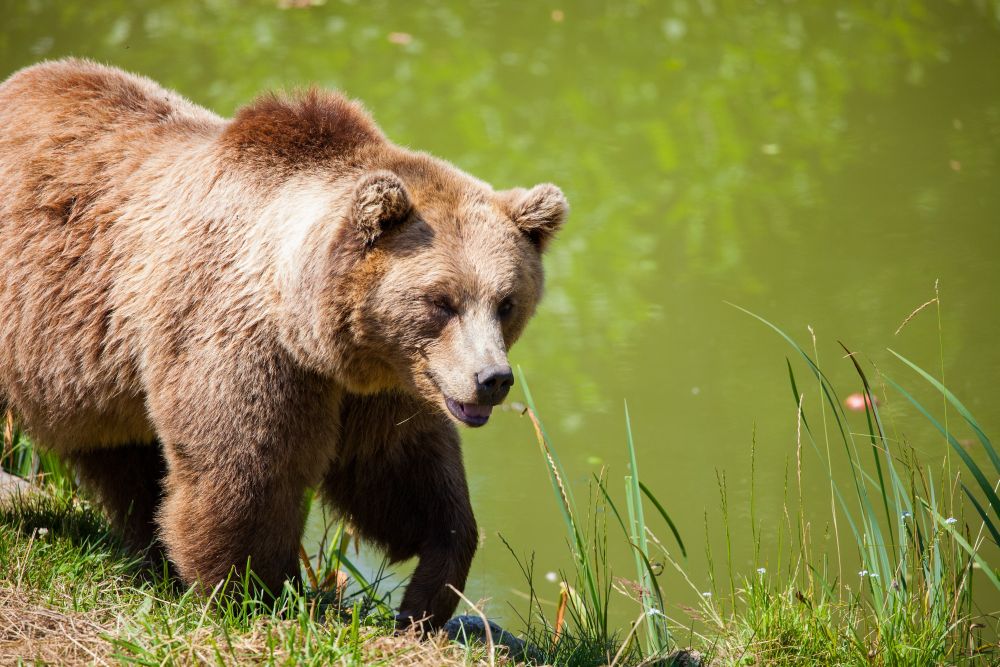
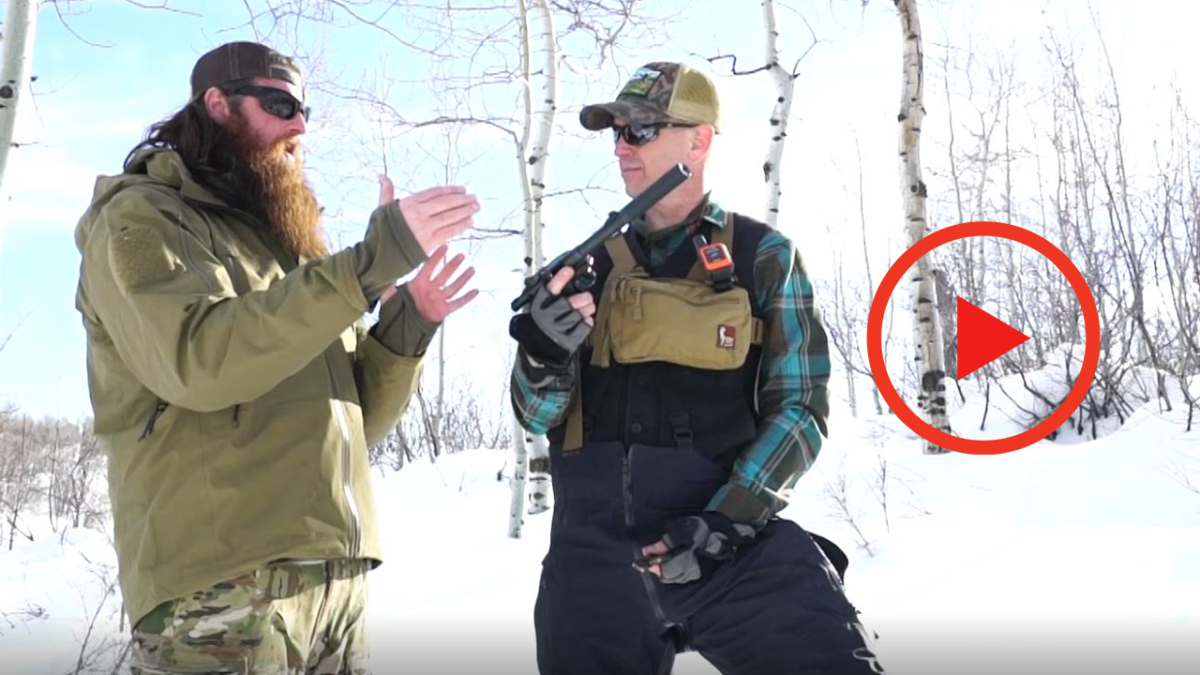

Pingback:Prep Blog Review: Summer Preparedness for All | TheSurvivalPlaceBlog | June 16, 2014
|